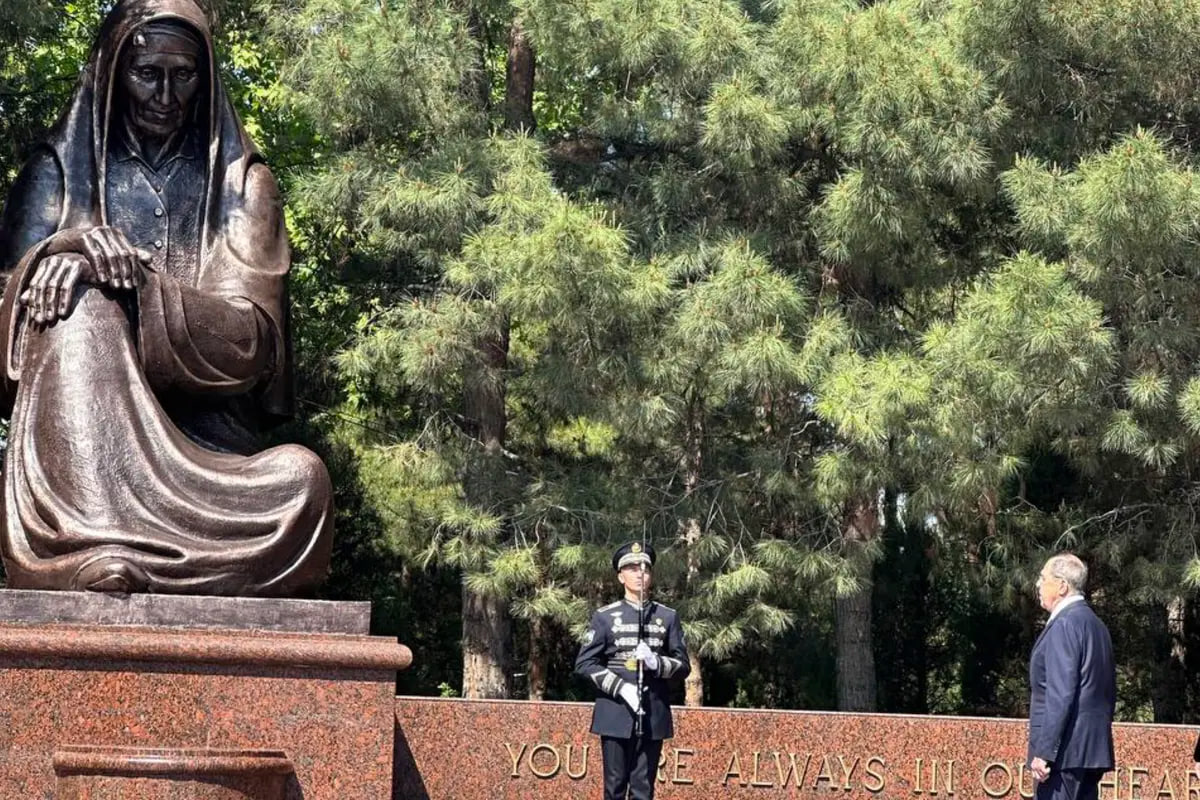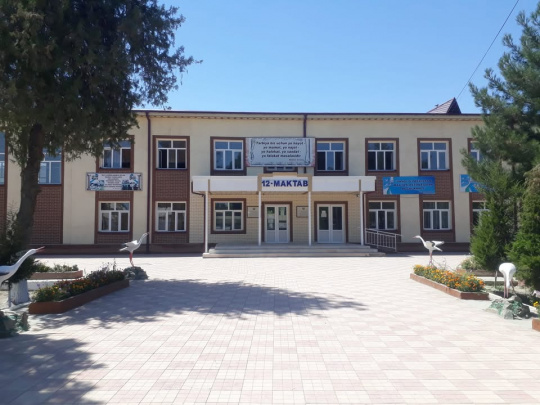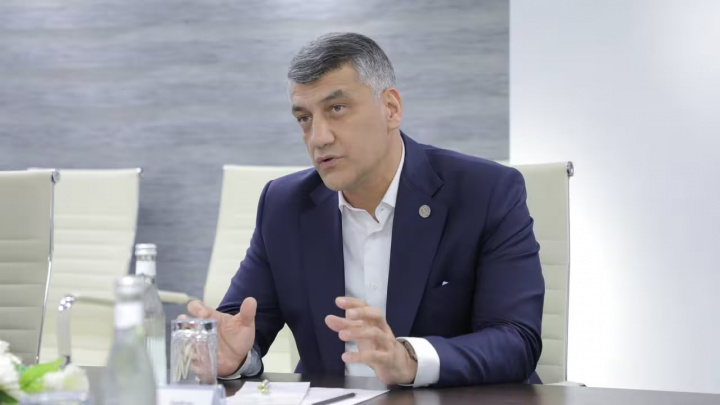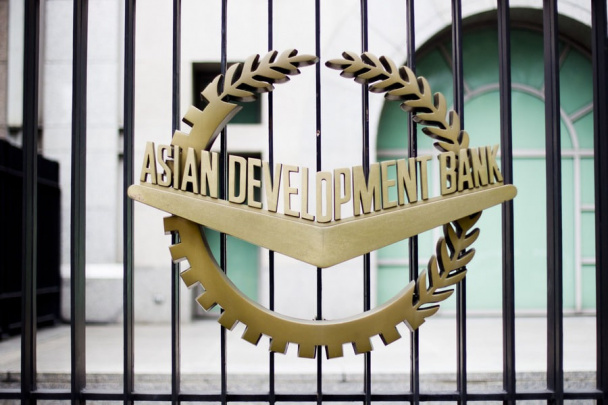Lavrov’s diplomatic blunder in Samarkand met with bold public response
Public figures in Uzbekistan have reacted to Russian Foreign Minister Sergey Lavrov’s recent comment regarding the absence of Russian-language inscriptions at the "Grieving Mother" memorial in Samarkand. Most emphasized that an independent country has the full right to decide what language is used on monuments within its own territory.

Lavrov’s visit to Samarkand and his apparent disappointment over the lack of Russian inscriptions at the memorial sparked public discussion across Uzbekistan. The memorial features inscriptions in Uzbek and English. Lavrov noted that the commemorative text dedicated to fallen soldiers had been translated only into English, asking the guide, “How did the English get here? I see English.” The guide responded, “Everything is available in all languages here; after all, this is a city of tourism.” Lavrov retorted, “I don’t see Russian.”
“Why does Lavrov think he has the right?”
“Did Lavrov come to teach a sovereign state what language its public inscriptions should be in?” asked education expert and civic activist Komil Jalilov. “Imagine if Uzbekistan’s foreign minister visited Russia and questioned why there were no Uzbek inscriptions on World War II monuments. Would he even dare ask such a thing? Why does Lavrov think he can?”
Jalilov added, “Let’s not forget that Lavrov, along with his boss, is a suspect in an international tribunal in The Hague.” He also reminded readers that “diplomacy also requires a degree of hygiene.”
“Don’t forget that we’re a sovereign state”
Journalist Muhrim Azamkhojayev warned sarcastically, “Let’s hope our bureaucrats don’t now go around adding Russian to every monument in Uzbekistan.”
“It’s infuriating — why do you care what language is used on our monuments?” he continued. “Eat your lunch, finish your official duties, and leave. Just because Lavrov complained to his master Putin doesn’t mean the sky is falling. We don’t need to start replacing English inscriptions with Russian ones. Show some backbone. May God grant us strength.”
“Diplomatic impudence”
“Are we now supposed to report back to Lavrov?” wrote lawyer and blogger Khushnudbek Khudoyberdiev. “If you want Russian text, go look for it in Russia. I see Lavrov’s remarks as diplomatic impudence. He could’ve at least made a polite suggestion — like ‘we’d be happy to see Russian text as well.’ But instead, he acted like a top-down inspector asking, ‘Where’s the Russian?’”
Khudoyberdiev added, “I just hope our officials don’t hastily add Russian text. The decision to include only Uzbek and English was entirely appropriate. There’s no need to change it.”
“We are not a colony”
Sherzodkhon Kudratkhoja, rector of the University of Journalism and Mass Communications of Uzbekistan, stated, “Every country has the sovereign right to decide in what language to write around its historical monuments and statues. For a foreign minister to arrive and criticize this is completely inappropriate. We are not their colony!”
He added, “Our ministers should also learn to ask tough questions when visiting Russia. For example, why are our migrants discriminated against there? Why are their basic human rights often violated by local authorities, migration services, or the police — and why does Russian society remain silent? If Lavrov wants to talk about the sanctity of motherhood, we should remind him that human rights are sacred too.”
“Respect that’s demanded is respect that’s denied”
Alisher Kodirov, a member of the Legislative Chamber and leader of the Milliy Tiklanish party, remarked, “Russian politicians are trying every possible tactic to erode the respect Uzbeks have for Russian culture and language.”
“Why do young Uzbeks strive to learn English, German, Turkish, and Arabic without being told? Because respect that’s demanded and needs fabricated justification always backfires. Lavrov should know that,” he said.
Related News

11:51 / 17.05.2025
School fight in Samarkand ends in tragedy: One student dead, another hospitalized

17:05 / 13.05.2025
Alisher Kadirov: Promoting Soviet nostalgia in schools poses a national threat

16:24 / 10.05.2025
Uzbekistan and ADB to launch 23 new projects worth $3.6 billion

13:58 / 07.05.2025




